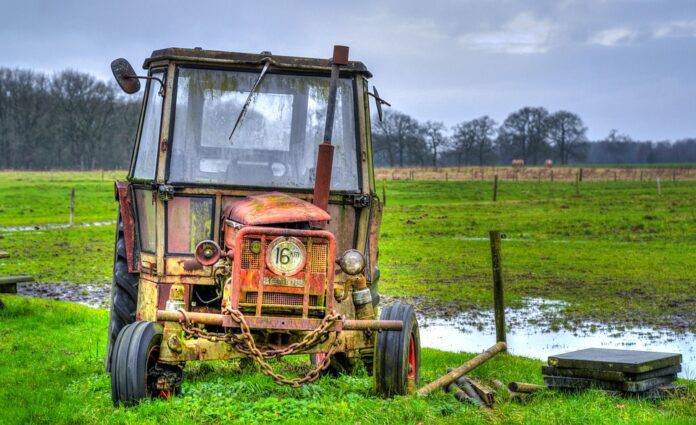The Impact of AI and Automation on Modern Farm Machinery
Introduction
In recent years, the agriculture industry has seen a significant shift towards the adoption of artificial intelligence (AI) and automation in modern farm machinery. These technological advancements have revolutionized the way farmers operate, increasing efficiency, productivity, and sustainability in agricultural practices. This report will delve into how AI and automation are transforming modern farm machinery, the key players in the industry, and the financial implications of these innovations.
Technological Advancements in Farm Machinery
AI and automation have enabled farm machinery to become more precise, efficient, and autonomous. For example, AI-powered tractors can now analyze soil conditions in real-time and adjust planting and fertilization techniques accordingly. Drones equipped with AI algorithms can monitor crop health and detect pests or diseases early on, allowing farmers to take immediate action. Furthermore, automated harvesting machines can now pick and sort crops with minimal human intervention, reducing labor costs and increasing operational efficiency.
Key Players in the Industry
Several companies are leading the charge in developing AI and automation technologies for modern farm machinery. John Deere, a renowned manufacturer of agricultural equipment, has been at the forefront of integrating AI into its products. The company’s Precision Ag solutions utilize AI to optimize planting, harvesting, and irrigation processes, resulting in higher yields and reduced environmental impact.
Another key player in the industry is CNH Industrial, a global leader in the production of agricultural machinery. The company’s autonomous tractors and combines leverage AI to navigate fields, monitor crop conditions, and make real-time adjustments to maximize efficiency. These innovations have not only improved farm productivity but also reduced operating costs for farmers.
Financial Implications of AI and Automation in Farm Machinery
The adoption of AI and automation technologies in modern farm machinery has had significant financial implications for both manufacturers and farmers. According to a report by MarketsandMarkets, the global market for AI in agriculture is projected to reach $1.2 billion by 2025, with a compound annual growth rate of 22.5%. This growth is driven by the increasing demand for precision agriculture solutions that can optimize resource usage and improve crop yields.
For manufacturers, investing in AI and automation has led to increased revenues and market share. Companies that have embraced these technologies have been able to offer innovative products that meet the evolving needs of farmers. Additionally, the implementation of AI has streamlined production processes, reducing costs and improving profitability.
For farmers, the adoption of AI and automation has resulted in higher yields, reduced labor costs, and improved sustainability. By leveraging AI-powered machinery, farmers can make data-driven decisions that optimize crop production while minimizing environmental impact. This has not only increased profitability for farmers but also promoted sustainable farming practices that benefit the planet.
Conclusion
In conclusion, AI and automation are revolutionizing modern farm machinery, bringing about unprecedented levels of efficiency, productivity, and sustainability in the agriculture industry. With key players like John Deere and CNH Industrial leading the way, the adoption of AI technologies is expected to continue growing, driving innovation and profitability in the sector. As financial implications become more apparent, it is clear that AI and automation are reshaping the future of farming for the better.

